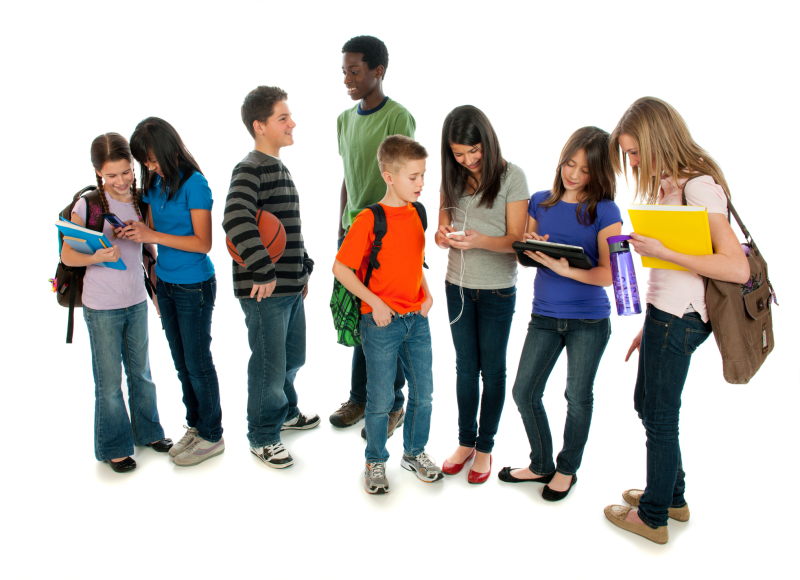
The second AARMA Superpower is Acceptance — learning to understand and embrace ourselves and others, even when we’re different or imperfect. It is also important to learn how to accept circumstances that are beyond our control.
The science
The human brain is ‘social’ by design. Thousands of years ago, belonging to a tribe meant survival, and being excluded felt dangerous.
That’s why the brain still reacts to social pain (like being left out or embarrassed) the same way it reacts to physical pain. The same alarm system — the Guard Dog Brain (amygdala) — barks when it senses social threat.
That’s why children might:
- tease someone who they think is ‘different’ (to avoid being left out),
- refuse to try something new (to avoid embarrassment), or
- copy others even when it feels wrong (to feel like they belong).
Their behaviour isn’t always intentionally unkind — it’s unintentionally self-protective.
Acceptance helps the Wise Handler Brain (prefrontal cortex) remind the Guard Dog that different isn’t danger. Over time, this rewires the brain for compassion, curiosity, and courage.
Our job as the big humans
Our job is to model Acceptance out loud — to show what curiosity, not judgement, looks like. Here’s what helps:
- Name difference as normal. “Everyone’s brain works differently — that’s what makes us interesting.” Or, “There are all kinds of people in the world from different backgrounds and with different experiences – and that makes life interesting.”
- Reframe mistakes. “You’re not bad at this; your brain’s still learning.”
- Interrupt judgement. Pause and ask, “What might their brain be trying to do?”
- Connect before correcting. Kids learn best when they feel safe first.
Acceptance isn’t letting things slide — it’s creating the safety needed for growth.
Acceptance
Acceptance doesn’t mean we like every behaviour, or agree with every idea. It means recognising that every brain and every human is unique and whole — shaped by experience, emotion, and biology — and that difference is what makes humans both individually and collectively extraordinary.
When we practise Acceptance, we help little and mid-sized humans feel safe to be themselves and to learn from others. That sense of safety is the foundation for growth, empathy, and kindness.
Tips for educators, parents and carers
-
Celebrate individuality. Talk about the value of different talents and personalities.
-
Model curiosity. “That’s interesting — I hadn’t thought about it that way.”
-
Teach language for difference. “Different doesn’t mean better or worse — just different.”
-
Practise self-acceptance aloud. “I got frustrated today — that’s okay. I’m learning too.”
-
Highlight team strengths. “Our class/family works because we all bring something special.”
